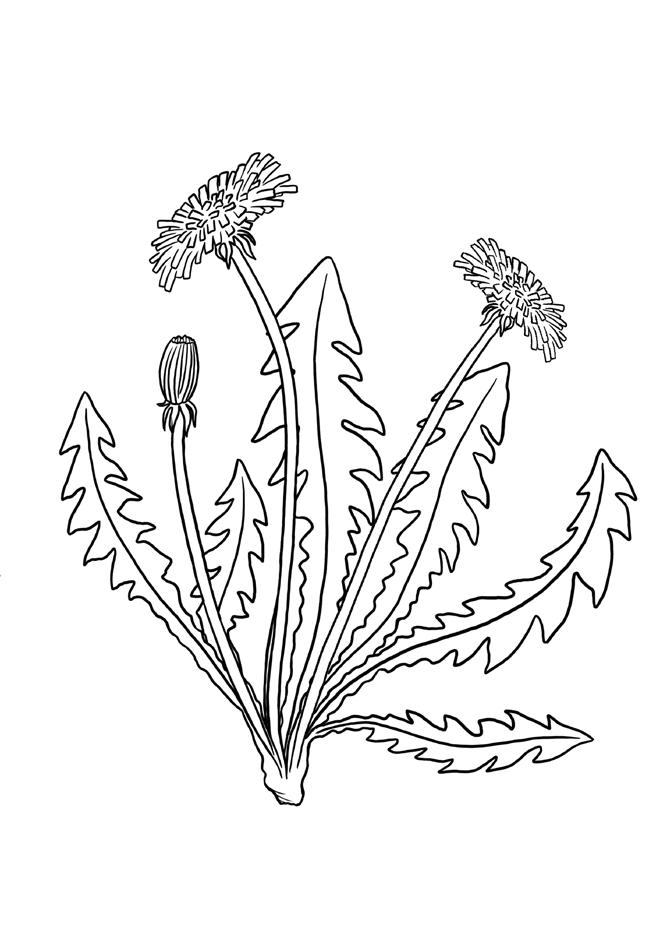Page 10
Black & Pink News
JULY/AUGUST 2020
Self-Care on the Inside: Vitally Important and Hard as Hell By Alice Saphire Duchene, inside member and AC Watts, M.S. in Marriage and Family Therapy
“Caring for myself is not self-indulgence, it is self-preservation, and that is an act of political warfare.” -Audre Lorde Self-care is a concept that has become so commodified in recent history that many have come to associate it more with capitalist indulgence than with meeting your basic needs. In a recent article in Omaha newspaper The Reader, community organizer Danielle Powell describes her own process of reclaiming the term and personal practice as the revolutionary act of perseverance defined by Audre Lorde. Powell had learned to associate self-care with the contradictions and violence of oppressive systems that often harm Black folks for practicing self-care and had developed a visceral reaction to mere mentions of the term. As Powell, Lorde, and many other queer and trans Black women and femmes have taught us, when it comes to surviving to fight another day in an oppressive system, self-care is vital. Self-care can be hard enough under capitalism, white supremacy, and other systems
of harm. Inside the carceral system, it can be met with seemingly endless barriers, especially for queer and trans folks. When cameras are always watching. When other inmates are waiting for you to slip up and show weakness. When COs are looking for any excuse to make your time harder. When every external action is scrutinized, how do you prioritize or create space for caring for your deepest needs? In this article, we will explore self-care through the triangular prism of mind, body, and spirit—addressing the barriers that the system creates and suggesting practices to care for yourself as an act of resistance.
Mind
We can find solace in the endless horizons of the mind. In my (ASD) nearly two decades of incarceration, I have engaged numerous tactics in honing and maintaining my mind. Reading how- to guides, taking classes, seeking out intelligent conversation, and even doodling have all helped me keep my wits. However, there are many challenges to creating and maintaining mental well-being in the carceral system.
We know from research on the effects of incarceration on mental health and well-being, that incarceration in general, and solitary confinement in particular can both create and exacerbate existing mental health issues. Many facilities limit or completely prohibit access to the tools that people might use to care for their minds. In line with Maslow’s hierarchy of needs, we are unable to attend to the care needs of our minds when our safety needs are not met. The climate of fear, vigilance, and control created by the way prisons are run is an enormous obstacle to mental well-being. How, then, can anyone care for their mind in the face of such oppression?
Create a feeling of safety
People are incredibly resilient. Even in the face of structural violence and control, we are often able to create spaces of safety within our environment or even just within ourselves. I (ACW) have been inspired by the stories of resilience and solidarity shared by people who have survived and are surviving incarceration. People find amazing and creative ways to maintain a safe space






